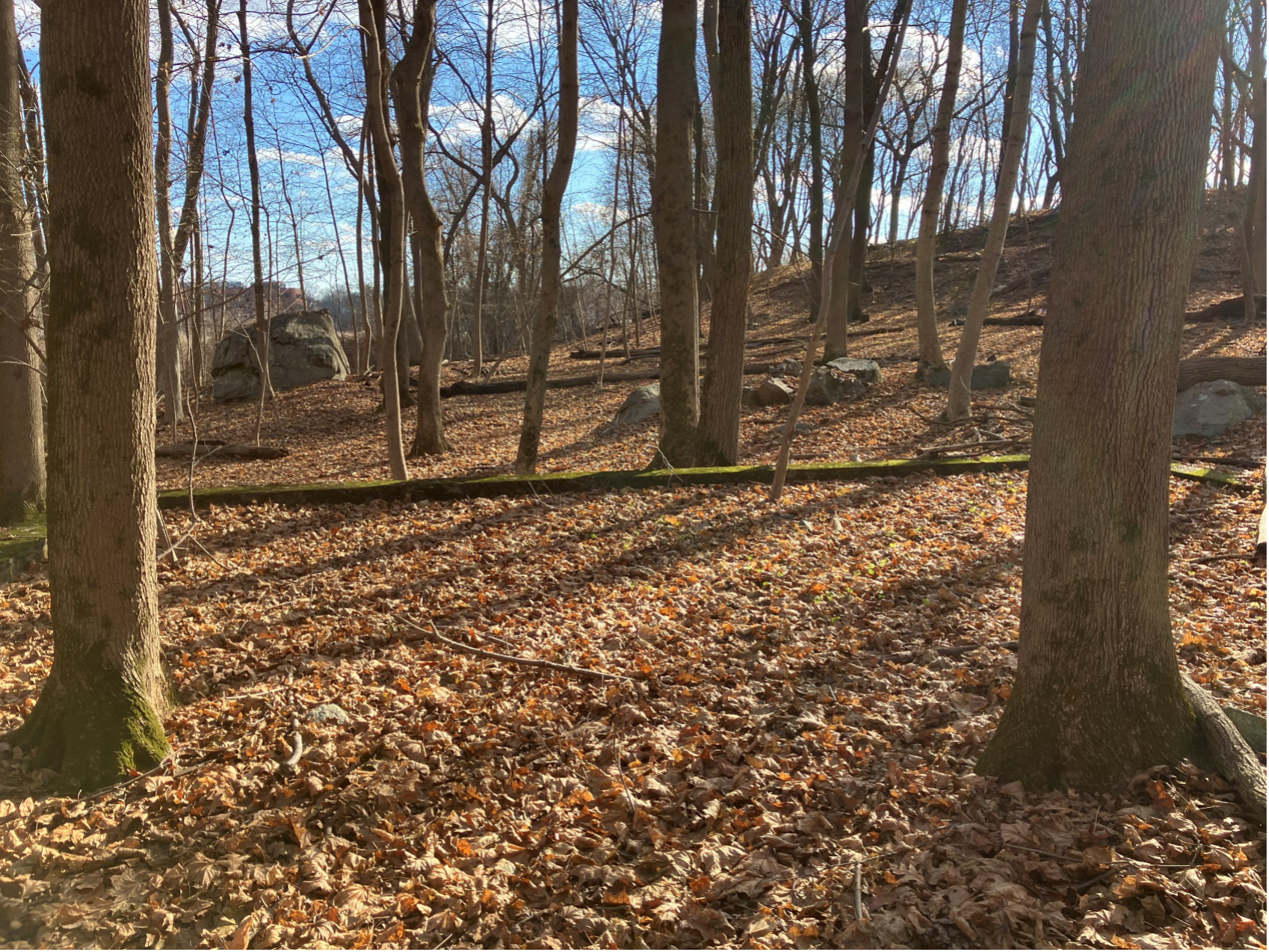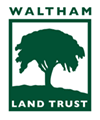Preservation of Lawrence Meadow

Protecting Lawrence Meadow from development will aid local efforts to mitigate the impact of climate extremes as the planet warms. The site's open woodlands, meadows, and wetlands, together with the extensive network of contiguous open space parcels, minimizes flooding and stormwater runoff in the area and provides a heat sink for greenhouse gases.
An active perennial stream, Clematis Brook, flows southeastwardly along the site's northern border before being culverted under Route 60 and merging with Beaver Brook as it flows to the Charles River. Clematis Brook Valley is an important network of small ponds and streams that drain from Cedar, Owl, and Pigeon Hills, and from Mount Enoch on Forest Street. A sub-basin of the Charles River watershed, the valley once formed a more extensive natural wetland expanse with nearby Beaver Brook. Lawrence Meadow provides critical flood control for the immediate area, as well as for homes, businesses, and streets further downstream. The water retention capacity during heavy rain events lessons the impact of runoff, soil erosion and high-water volume along Waverley Oaks Road and Linden Street corridor.
Preservation is very important in honoring the legacy of Cornelia Warren, who intended that her bequest should be preserved for the public benefit.
Development of LM would potentially threaten neighboring parcels, especially the adjacent 75-acre Girl Scouts of Eastern MA summer camp and educational venue for young girls. The unique value of Cedar Hill as a secluded forested nature camp could be diminished beyond mitigation. To maintain the historic ambiance of the woodland camp it is important to protect the bordering Lawrence Meadow site, a keystone within a larger grouping of significant open space parcels.
The University has been the owner of this site for 100 years, 50 years since they performed ash disposal research here. Although this research in the 1970s was reported as jointly supported by the United States Environmental Protection Agency (USEPA), the Massachusetts Department of Environmental Quality Engineering (DEQE), currently the MassDEP, and the City of Waltham Department of Public Works (DPW), UMass remains responsible.
We are glad to learn that UMass has begun cleanup efforts to remove deteriorated buildings.
We look to UMass to lead the effort that will result in permanently preserving Lawrence Meadow as a natural reserve with public access trails.
The case to be made for preserving Lawrence Meadow is compelling.
Support is needed to secure this site for the future.
